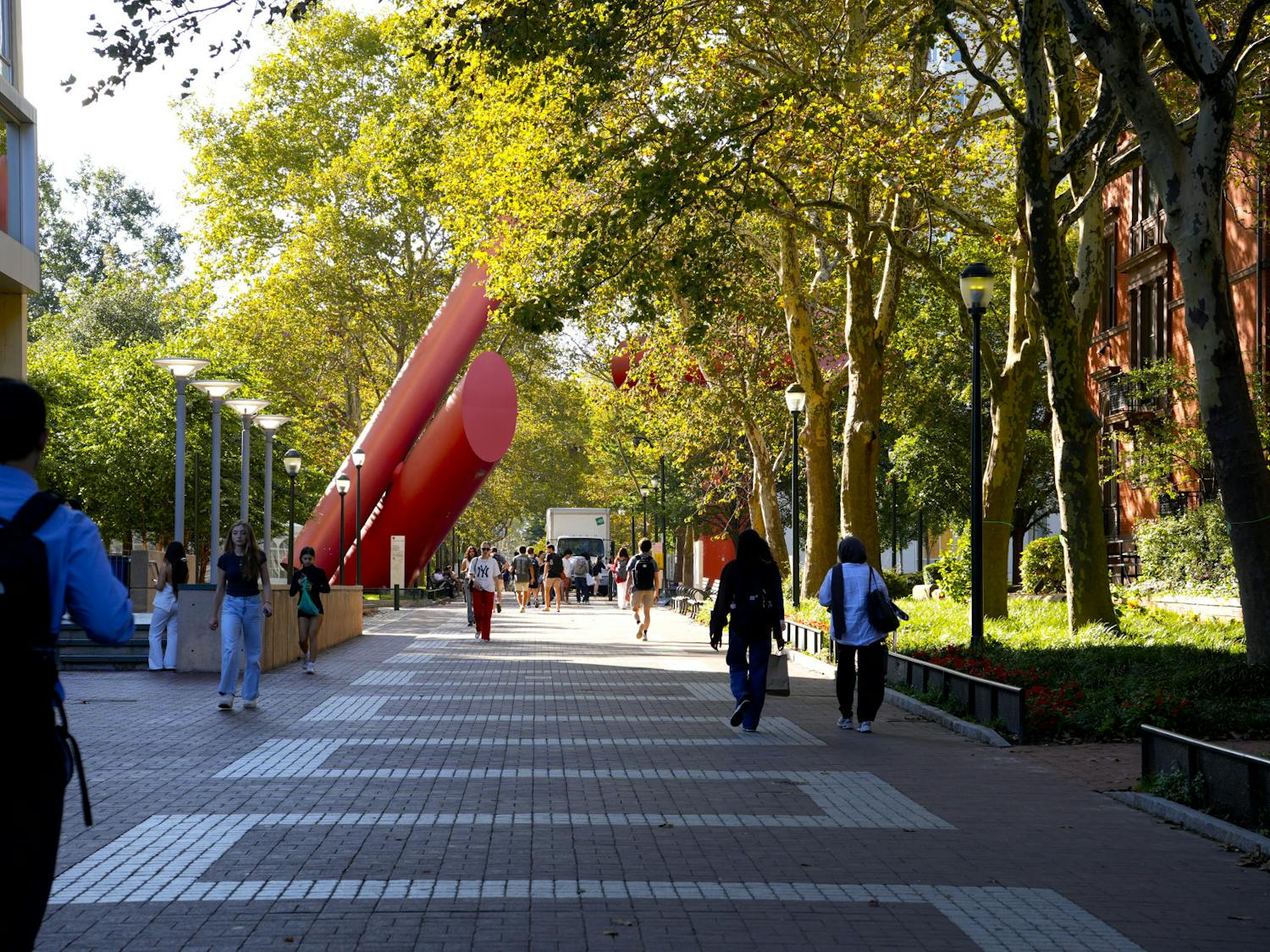The president stood up to an abusive stepfather at age 14, lost his first bid for gubernatorial reelection and more recently, faced many character attacks. Bill Clinton is no stranger to difficult times. Although the character-based attacks he faced in this year's campaign have sometimes hit hard, Clinton's childhood was no less onerous. Born William Jefferson Blythe IV on August 19, 1946, he never knew his father, who died in a car accident several months before his birth. For several years, he lived with his grandparents while his mother attended nursing school. And once his mother remarried -- to Roger Clinton, whose name the future president would assume -- Clinton had to stand up to an alcoholic, abusive stepfather. Highlighting his high school years, Clinton was elected as one of two delegates from Arkansas to Boys Nation -- a government study program for young people. There, he met former President John Kennedy in the White House's Rose Garden -- an event he has cited as inspirational. Clinton graduated from Georgetown University in 1968, then spent two years at Oxford University in England on a Rhodes Scholarship. Studying for a law degree at Yale University after his stint at Oxford, Clinton met and began dating Hillary Rodham. After graduating in 1973, Clinton began teaching at the University of Arkansas Law School. He and Rodham married on October 11, 1975. Chelsea was born five years later. Clinton's political career began in 1974, when he ran for a U.S. House of Representatives seat against Republican Rep. John Paul Hammerschmidt. Although expected to beat Clinton easily, the incumbent won with only 52 percent of the vote. The closeness of the race, however, earned him statewide attention and Clinton won the 1976 attorney general election -- without any Republican opposition. Two years later, Clinton became one of Arkansas's youngest governors, at age 32. In his first term as governor, Clinton focused on developing the state's resources -- a task that proved costly, forcing him to raise state taxes. He also alienated the lumber and paper-making industries with a pro-environment stance on clear-cutting trees in national forests. Clinton lost his reelection bid in 1980 to Republican Frank White. But the "comeback kid," as he was known after winning the Democratic nomination in 1992, quickly returned to the political scene, facing White again in 1982's gubernatorial election -- this time, emerging victorious. During his following four terms in office, Clinton focused on education, economic development and job creation. Clinton's original run for president began in October 1991. An early front-runner among the Democratic candidates, Clinton attempted to focus on domestic issues throughout his campaign. But in early 1992, Clinton's personal life grabbed headlines, and the candidate found himself constantly on the defense against character attacks. Throughout the primaries and into the general election, Clinton faced allegations of an extramarital affair with the now-infamous Gennifer Flowers and accusations of marijuana use and draft-dodging. But after attacking former President George Bush primarily on his economic record and campaigning on the theme of "putting people first," Clinton won the 1992 election with 43 percent of the popular vote and was inaugurated on January 20, 1993. During his first term, he faced difficulties in many of the domestic issues he tackled -- from health care reform to military policy on gays. Again on the personal front, the president dealt with surfacing charges about business dealings he and his wife had in Arkansas, especially a real estate venture called Whitewater. On the foreign policy front, Clinton ordered unpopular missions in Somalia and Bosnia, although he had more success in Haiti and the Middle East. In an election that many considered a mandate on Clinton's performance during his first two years in office, the Republican Party took over both the House of Representatives and the Senate in 1994. Since then, Clinton has clashed with Congress on many issues, including balancing the budget and welfare reform. The impasse over the budget led to a partial shutdown of the federal government. Throughout the 1996 campaign, Dole has focused his attacks on Clinton on trust, character and decisiveness.
The Daily Pennsylvanian is an independent, student-run newspaper. Please consider making a donation to support the coverage that shapes the University. Your generosity ensures a future of strong journalism at Penn.
DonateMore Like This
Penn Museum hosts 45th annual Lunar New Year celebration
By
Candice Felderer
·
9 hours ago
Wharton to face trial over $37 million contract dispute
By
Hailey Hilsabeck
·
9 hours ago








